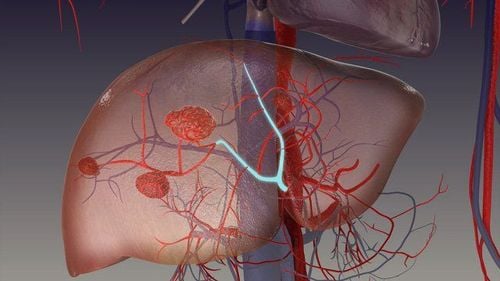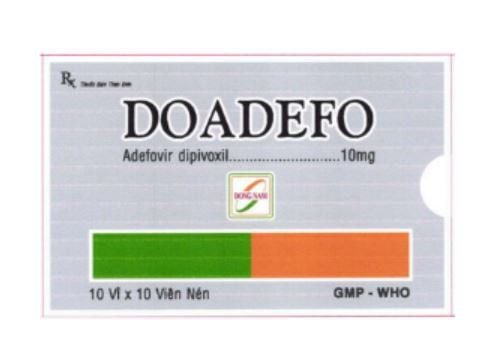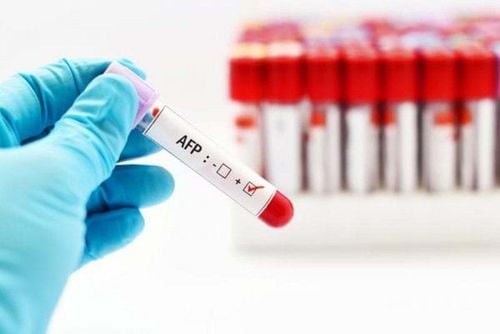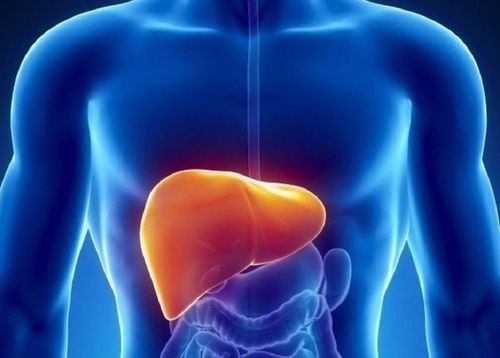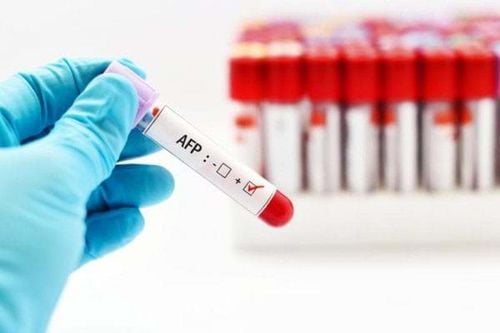This is an automatically translated article.
The article was professionally consulted by BSCK II Nguyen Thi Thanh Thu - Laboratory Department, Vinmec International Hospital Da Nang.There is a very small concentration of AFP (alpha-fetoprotein) in the human body. But when you have liver disease or are pregnant, this substance will appear more in the blood. The content of the following article will help you better understand the meaning of the AFP test.
1. What is AFP concentration?
Alpha-fetoprotein (AFP) is a plasma protein found in high concentrations in fetal blood. Normally, an AFP protein is made by immature liver cells in the fetus. Physiologically, in the first year of life, neonates have relatively high blood levels of AFP, which gradually decrease to the low normal range. Healthy, non-pregnant adults often have very low blood levels of AFP (not exceeding 10 ng/ml).
Trắc nghiệm: Làm thế nào để bảo vệ lá gan khỏe mạnh?
Làm test trắc nghiệm kiểm tra hiểu biết về gan có thể giúp bạn nhận thức rõ vai trò quan trọng của gan, từ đó có các biện pháp bảo vệ gan để phòng ngừa bệnh tật.2. What is an AFP test?
Normally, you have very small amounts of alpha-fetoprotein (AFP) in your body. But when you have liver disease, certain cancers or are pregnant, this substance will appear more in the blood. To check the concentration of this protein, it is necessary to perform a quantitative AFP test in the serum. However, if AFP levels are higher than normal, it does not mean that you have health problems, because some people have higher levels than others.
AFP tests are also used to detect birth defects in the fetus. A blood test done when the fetus is 15-16 weeks old to measure the level of alpha-fetoprotein that will be born by the fetus but it is mixed in the mother's blood. Therefore, a maternal blood test can check the amount of AF produced by the fetus. This test can indicate the risk of a neural tube defect, a headless pregnancy (anencephaly) or a risk of Down's disease.
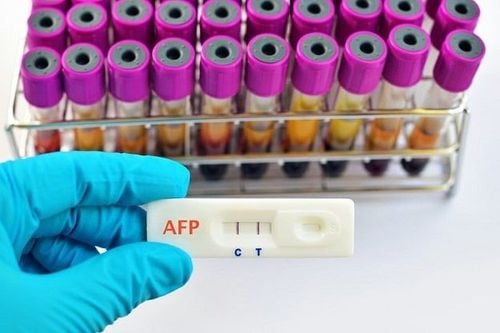
3. When should you have an AFP test?
Your doctor will ask you to do this AFP test in the following cases:
Determine if you have primary liver, testicular or ovarian cancer? Choose the most appropriate cancer treatment option. Early detection of recurrent cancer Pregnant women do alpha-fetoprotein tests at the 4th month of pregnancy.
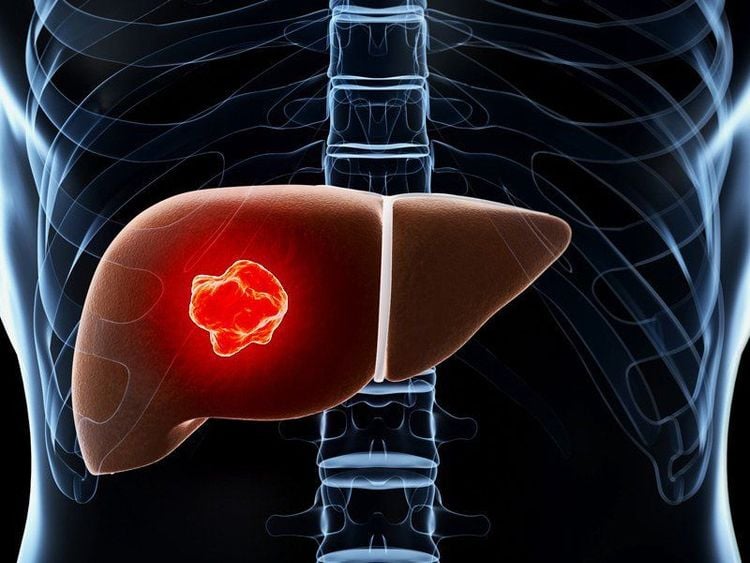
4. AFP test procedure
Before conducting the test, you should understand the warnings and cautions. If anything is unclear, ask your doctor for complete information and specific instructions.
You will have venous blood drawn from your arm and sent for testing. You may have some minor bruising at the point of blood collection, but it will return to normal and will not affect your health or daily activities. A blood sample will be sent for testing.
You can return to work and normal activities after the test.
5. What does the AFP test mean?
5.1. For AFP test to identify fetal malformations If the test result is negative or normal (AFP level is less than 30.25 ng/ml) it means the fetus is healthy. If the test is positive with AFP levels more than 2.5 times higher than normal, it indicates that the baby is at risk of having a birth defect such as spina bifida. If AFP levels fall, the fetus may be suspected of having Down syndrome or Edwards syndrome. However, don't worry if the test results are abnormal. Because AFP levels can increase during pregnancy as your baby makes more AFP than usual, or you can have twins (two babies make more AFP than one). In addition, problems such as weight, or having diabetes also affect test results.
When your AFP level is too high or too low, your doctor will order you to do more tests to find out the reason for the abnormality. Your doctor will probably do an ultrasound to confirm how long you've been pregnant and how many babies you've had, and look closely at the possibility of birth defects. Another test is amniocentesis, where the doctor uses a long, thin needle to insert the amniotic sac and collect a small amount of amniotic fluid for testing.
If your baby is born prematurely, your doctor will monitor you closely. If tests show your baby has a birth defect or other problem, talk to your doctor so you can make the best choices for you and your family.
5.2. For the AFP test to diagnose liver cancer AFP levels will be very high in your blood. Normal levels for most healthy adults are between 0 - 8 ng/mL.
Diseases such as cancer, liver disease such as cirrhosis, hepatitis or a healing liver injury can cause elevated AFP levels. At that time, you will need to conduct more tests to get the most accurate results.
Very high levels: 500 - 1000 ng/ml or more, often a sign of cancers.
When you have liver disease and AFP levels are above 200 ng/ml, it is very likely that you have liver cancer.
For people with elevated AFP but less than 200 ng/mL, the doctor will order the AFP-L3% (also called L3AFP) test. These results help doctors make an accurate diagnosis, especially if you have chronic liver disease, or cirrhosis. An AFP-L3% result of 10% or more indicates that you have a higher risk of liver cancer, and your doctor will monitor you closely for signs of liver damage. These tests can also help doctors monitor cancer treatment and help it work.
Quantitative AFP test plays an important role in screening and early diagnosis of liver cancer and fetal malformations. At the same time, this is a way for you to quickly detect the above health problems, detect the disease early so that the doctor can provide an effective treatment plan in time.
Please dial HOTLINE for more information or register for an appointment HERE. Download MyVinmec app to make appointments faster and to manage your bookings easily.
Reference source: Web MD





